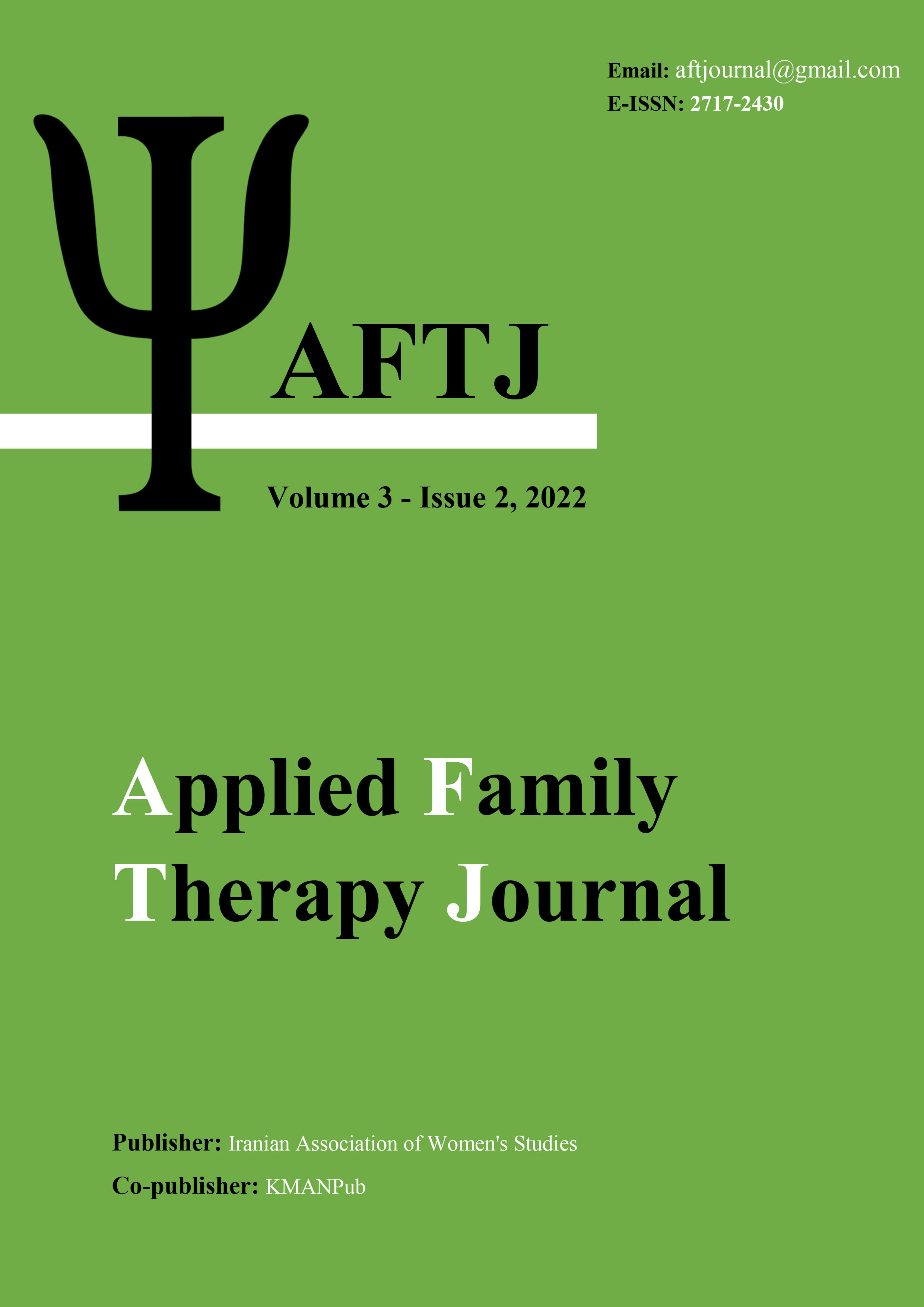The Model of Emotional Divorce based on Differentiation with the Mediating Role of Personality Structure and Experience of Usness
Keywords:
emotional divorce, differentiation, personality structure, experience of usnessAbstract
Aim: The purpose of this study was to present a model of emotional divorce based on differentiation with the mediating role of personality structure and experience of usness in parents of students referring to counseling and guidance centers of the association of parents and educators of Tehran was done. Method: According to the research indicators and goals research, the research method was descriptive-correlational. The statistical population of this study included all parents of students referring to counseling and guidance centers of the association of parents and educators of Tehran in 2020.Sampling method was multistage random sampling and statistical sample size based on sample power software (350 people) was considered and analyzed. Data were collected from the Guttman (2008) Emotional Divorce Questionnaire, Skorn and Friedlander (1989) Differentiation, McCray and Costa (NEO-AC) Personality Structure (1992), Vedes, Nussbeck, Bodenmann (2013) experience of usness were used and run on the desired sample. Data were analyzed using SPSS software and smartpls structural equations. Results: The results showed that, present a model of emotional divorce based on differentiation with the mediating role of personality structure and experience of usness in parents of students referring to counseling and guidance centers of the association of parents and educators of Tehran accordance with the theoretical model and has a good fit,also, was a significant relationship between the components of differentiation, personality structure and experience of usness with emotional divorce, on the other hand, there was a strong effect between the components of differentiation with emotional divorce and mediation of personality structure and experience of usness in the parents of students referring to counseling centers in Tehran. Conclusion: Accordingly, the results show that the differentiation, personality structure and experience of usness of each couple based on mutual understanding of each other's needs can be predictive marital commitment in the context of effective marital relationships and creating intimacy, commitment in relationships and reducing the incidence of emotional divorce in couples.
Downloads
Downloads
Published
Issue
Section
License

This work is licensed under a Creative Commons Attribution-NonCommercial 4.0 International License.





















